I ain’t never knowed no one like him,” continued the station-agent reflectively. “He made us all look like monkeys, but he was good to us. Ever see a ginuine poet, sir?” “Years ago one was pointed out to me,” replied Briggs. “Was yours smooth shaved, with large, fat, white fingers?” inquired the station-agent. “If I remember correctly, he was thin,” said Briggs, sitting down on his suit-case and gazing apprehensively around at the landscape. There was nothing to see but low, forbidding mountains, and forests, and a railroad track curving into a tunnel. The station-agent shoved his hairy hands into the pockets of his overalls, jingled an unseen bunch of keys, and chewed a dry grass stem, ruminating the while in an undertone: “This poet come here five years ago with all them kids, an’ the fust thing he done was to dress up his girls in boys’ pants. Then he went an’ built a humpy sort o’ house out of stones and boulders. Then he went to work an’ wrote pieces for the papers about jay-birds an’ woodchucks an’ goddesses. He claimed the woods was full of goddesses. That was his way, sir.” The agent contemplated the railroad track, running his eye along the perspective of polished rails: “Yes, sir; his name was—and is—Clarence Guilford, an’ I fust seen it signed to a piece in the Uticy Star. An’ next I knowed, folks began to stop off here inquirin’ for Mr. Guilford. ‘Is this here where Guilford, the poet, lives?’ sez they; an’ they come thicker an’ thicker in warm weather. There wasn’t no wagon to take ’em up to Guilford’s, but they didn’t care, an’ they called it a lit’r’y shrine, an’ they hit the pike, women, children, men—’speshil the women, an’ I heard ’em tellin’ how Guilford dressed his kids in pants an’ how Guilford was a famous new lit’r’y poet, an’ they said he was fixin’ to lecture in Uticy.” The agent gnawed off the chewed portion of the grass stem, readjusted it, and fixed his eyes on vacancy.
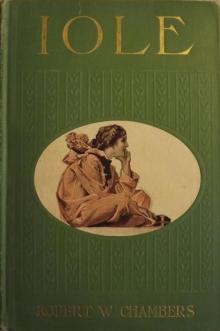
 Sailing to Byzantium - Six Novellas
Sailing to Byzantium - Six Novellas The Butterfly Collection
The Butterfly Collection Heirs of Empire fe-3
Heirs of Empire fe-3 An Immortal Christmas
An Immortal Christmas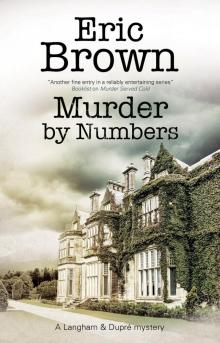 Murder by Numbers
Murder by Numbers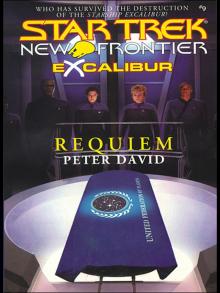 Requiem
Requiem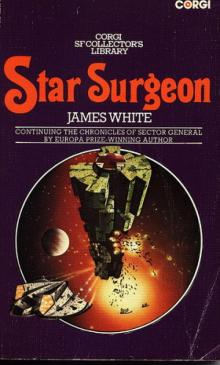 Star Surgeon sg-2
Star Surgeon sg-2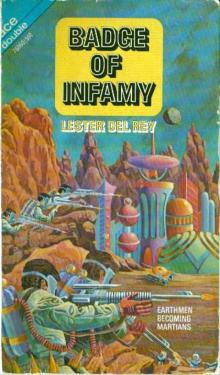 Badge of Infamy
Badge of Infamy